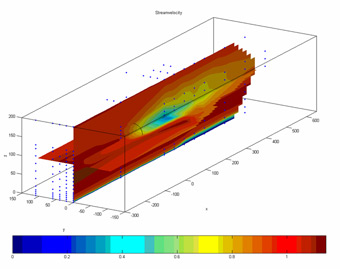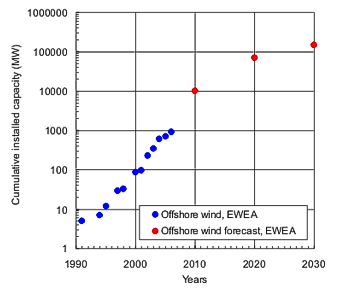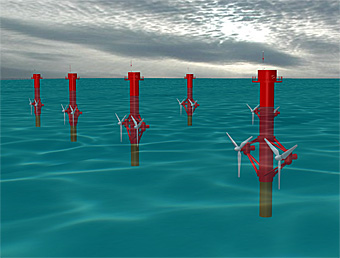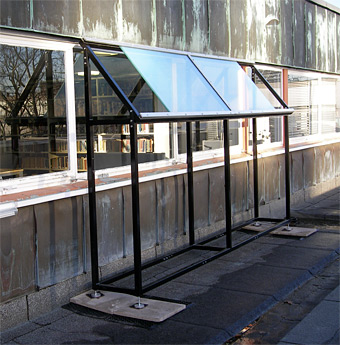
Understanding the effect devices have on the flow is critical in determining how one device may modify both the performance of and loading experienced by another device in the array. It is the aim of this work to identify and investigate the parameters which govern the wake structure and its recovery to the free-stream velocity profile.

The main deliverables from this Coordinated Action are the reports from the Five Workshops to be held :- (i) Modelling Ocean Energy System (ii) Component Technology and Power Take-off (iii) System Design, Construction, Reliability and Safety (iv) Performance Monitoring of Ocean Energy Systems (v) Environmental, Economics, Development Policy and Promotional Opportunities.

The Exploring the value of transactional energy consumption data project is part of the wider ESRC funded Administrative Data Research Centre for England (ADRC) and will enable information routinely collected by government departments and other agencies, such as tax, education, health and consumption data, to be shared with researchers.

The possible demise of the decennial UK Census presents social, policy and commercial researchers with both a challenge and an opportunity. If we are no longer to be restricted to what can be asked in a Census, what kinds of social indicators might we want or be able to produce and when?

Marine current turbines can play an important part in achieving an increase in electricity generation from renewable resources, but the development of the required technology will demand significant research effort. This project will lead to a better understanding of the design implications of some of the features that distinguish marine current turbines from wind turbines, propellers and hydro turbines.

The Sustainable Energy Research Group has been involved in an EU FP5 research project on High Efficiency HOEs investigating HOEs for building applications as well as testing their compliance as a building material. Within this project the work of the researchers in Southampton centred on HOEs as a solar shading solution. Bespoke thermal simulation models were developed to accurately predict the performance of reflection hologram HOE glazings in different settings and under different climatic conditions.





